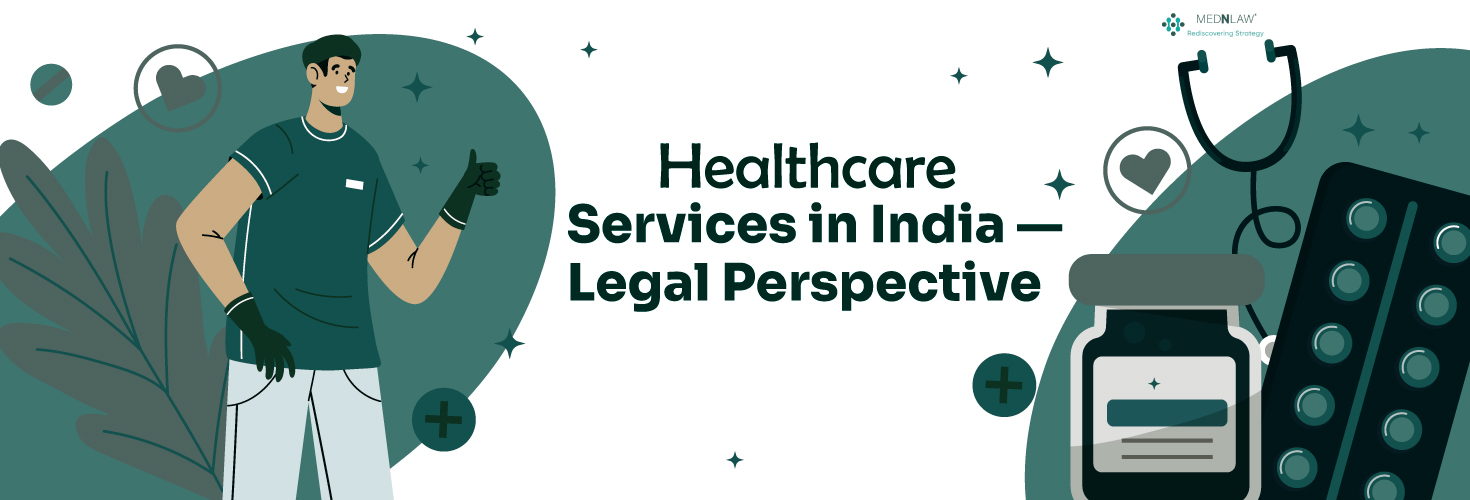
Healthcare is one of the most pivotal service sectors on the continuum of ethical, moral, and legal obligations. For healthcare service providers balancing compliance with laws and the nuances of patient care is no easy task. This piece explores the legal framework regulating healthcare services in India, taking into account regulation, medico-legal responsibility and dispute resolution mechanisms.
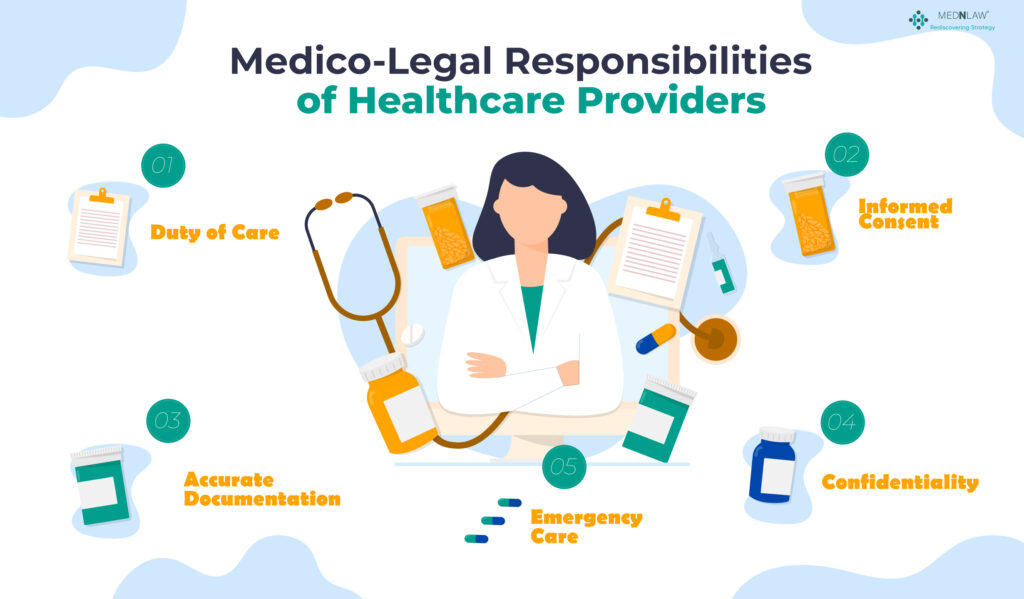
Legal Foundations for Healthcare in India
The Right to Health Services in India is provided at the intersection of constitutional provisions, statutory laws, and judicial pronunciations.
The relevant legal provisions are as follows:
1). The Constitution of India
Right to health – The constitution of India guarantees the right of life through Article 21. Moreover, this basic right is encompassed by right to health.
Directive Principles of State Policy – The articles 38, 39(e), 41 and 47 of the Directive Principles of State Policy Directs the state to protect public health and nutrition.
2). Indian Penal Code and Bhartiya Nyaya Sanhita
Legal provisions invoked in cases of medical negligence are Section 304A, i.e. of negligence, and Section 337/338, i.e. of causing harm Indian Penal Code (IPC), 1860. Additionally, the Section 106 of Bhartiya Nyaya Sanhita also talks about death due to negligence.
3). The Consumer Protection Act, 2019
The act is an upgrade to the Consumer Protection Act, 1986 Under Section 2(d) of the Consumer Protection Act, 2019, patients are entitled to file complaints of deficiency in service by healthcare service providers. The act also introduced mediation as a mechanism for alternative dispute resolution.
4). Clinical Establishments (Registration and Regulation) Act, 2010
Specifically, the Clinical Establishments (Registration and Regulation) Act of 2010 mandates the registration of healthcare facilities and the application of prescribed standards. Additionally, public and private facilities ensure transparency, patient safety, and adherence to the baseline standards for infrastructure, personnel, and medical practices.
5). The Drugs and Cosmetics Act, 1940
The act also further regulates it through the import, manufacture and distribution of drugs for the purpose of quality and safety. Moreover, The purpose of the act is to ensure the safety and effectiveness of the drug as well as the quality of the drug. The act also gives authorities the power to inspect facilities, enforce standards and punish violations. The law is designed to protect public health and consumers
6). Transplantation of Human Organs and Tissues Act, 1994
The above process is mentioned in the Transplantation of Human Organs and Tissues Act, 1994, which governs organ donation and transplantation in India. The act seeks to prohibit and prevent illegal trade, ensure ethical practices, and facilitate organ transplantation for therapeutic purposes. The act makes the donor’s consent mandatory. It also prohibits commercial dealings and establishes rules and regulations for the hospitals performing the transplants.
7). The Pre-Conception and Pre-Natal Diagnostic Techniques (PCPNDT) Act, 1994
The Pre-Conception and Pre-Natal Diagnostic Techniques (PCPNDT) Act, 1994 aims to prohibit sex selection before and after conception and further regulate the diagnostic techniques. The main objective of this act was to prevent female foeticide. The act makes it mandatory for diagnostic centres to register and restrict ultrasound used for sex-selective abortions. The PCPNDT Act further enforces penalties for violations and also promotes gender equality.
8).Mental Healthcare Act, 2017
Mental Healthcare Act 2017 aims to maintain the rights of individuals with mental illness or patients with unsound minds. The act further provides easy access to affordable and quality mental healthcare services.
Medico-Legal Responsibilities of Healthcare Providers
Healthcare service providers must fulfil several legal and ethical responsibilities to maintain trust and avoid litigation.
-
Duty of Care
It is very important for the medicos to ensure a reasonable standard of care is provided to all patients. Adhering to the standard care protocols and keeping evidence based practices makes the healthcare services even better.
-
Informed Consent
It is crucial to obtain written consent from patients before procedures or treatments. Informed consent helps to inform the patient about the risk, benefits of the treatment along with alternative treatment options. Informed consent is one of the crucial parts of maintaining the healthcare services. Further, from a healthcare service provider’s perspective, informed consent is a conversation, which involves explaining to them the potential risks and benefits along with clearing their doubts if needed.
-
Confidentiality
The thumb rule of offering healthcare services with efficacy is to maintain patient privacy and secure medical records. Further, it is very important to note that the healthcare institution should only share patient information only with consent or when legally mandated.
-
Accurate Documentation
Maintaining comprehensive records of patient history, diagnosis, treatment, and consent is crucial, as it can act as the primary evidence if a medical negligence lawsuit comes up. In addition to this, it can also be used to analyse the services for the betterment of the future.
-
Emergency Care
It is vital to provide timely and adequate care during emergencies without discrimination.The emergency care services make sure every individual receives immediate treatment. This provision in the healthcare service industry assures wellness.
Common Legal Issues in Healthcare
Healthcare service providers often face legal challenges that can arise from misunderstandings, errors, or systemic gaps:
Medical Negligence
Medical negligence refers to failure to meet the standard of care, which further leads to patient harm. It involves errors in diagnosis, treatment, or aftercare. Furthermore, the patients can seek legal remedies through compensation claims or legal action to address the harm caused by negligence.
Deficiency in Services
It is essential for the medico to handle issues such as unclean facilities, lack of proper equipment, or delayed treatments.
Breach of Confidentiality
Breach of confidentiality takes place when private information of sensitive nature, like that of patients, is revealed without appropriate permission. The breach of privacy and its serious legal consequences for the person are likely to undermine the confidence placed in the health care professionals and will also go against ethical considerations, harming the patient concerned.
Unethical Practices
In healthcare service industry, this can include overbilling patients for services offered, suggesting unnecessary treatments for the sake of profit, or other conflicts of interest that negatively impact the patient. Such behaviours exploit patients to enrich the professionals, resulting in harm to both patients and professionals.
Failure to Comply with Regulations
Once the healthcare service provider provides a service that falls in the prohibited norm, it falls under the regulation acts where non-compliance with rules on licensing norms, staff qualifications, or safety standards arises. The violation of these regulations adversely affects the effective care of patients, erodes public confidence in the healthcare system, and results in legal actions, financial losses, and detrimental effects on the reputation of the institution.
Legal Remedies for Patients – Ultimate Guide
This is particularly relevant to patients who have suffered negligence or shortcomings in the provision of healthcare services.
Consumer Protection Act
In case of below-standard or negligent medical services, patients can knock on the doors of consumer forums and file their complaints to receive an alternative remedy under the Consumer Protection Act. This law creates a new forum for complaints from patients about medical negligence, which provides a litigious pathway for seeking redress that is relatively accessible for patients. We encourage mediation options under the act, which lead to faster, friendlier resolutions of complaints and are generally superior to lengthy, drawn-out litigation. This also allows for a much quicker resolution, which is a win-win situation for patients and healthcare service facility providers, as it prevents the prolonging of the issue by means of court proceedings.
Criminal Prosecution
When medical negligence is extreme or in the case when healthcare providers inflict any injury, there are cases filed under Indian Penal Code (IPC) sections like Section 304 (culpable homicide not amounting to murder) or Section 338 (causing grievous hurt). The Section 106 of Bhartiya Nyaya Sanhita talks about death due to negligence.
Such prosecutions are criminal and are punishable by term and/or fines. It focuses on holding healthcare providers responsible for gross negligence that causes serious injury to the patient. Such criminal actions can ruin their career records, and this is why it is essential for everyone working in the healthcare field to make sure all medical standards are being met to avoid facing legal consequences.
Civil Suits
People who suffer injuries as a result of medical malpractice can bring civil suits in court for compensation for their damages. Through civil suits, patients can help to ensure that healthcare providers take the proper precautions to protect patients and can also obtain monetary compensation for the physical, emotional, and financial damage they have done through negligence.
Such claims are usually only pursued if there are no other avenues available for redress, such as those under the Consumer Protection Act. Essentially, the evidence must be presented to demonstrate the provider’s negligence, and if successful, the injured party may receive a significant settlement. Practices should be in line with legal expectations to avoid civil liability as far as reasonably practical
Complaining to a Regulatory Body
Medical standards for healthcare service providers must be maintained by regulatory bodies like the Medical Council of India (MCI) or state medical councils. If a healthcare provider violates the regulations or medical ethics, the patients have the right to approach these bodies and file complaints against the provider.
Enforcement action resulting from such complaints may range from fines to suspension to revocation of a medical license. This is essentially the regulatory role of oversight: ensure professional accountability and contribute to the further development of professional standards, thus giving assurance about the quality of care to the patient population. Healthcare providers should know the rules to ensure their practice is protected from violations caused by misinformation or misunderstanding.
Public Interest Litigation (PIL)
PIL is a tool for systemic change and for realising the right quality of care for the public. t responds to public interest issues limiting access to justice by giving individuals and organisations the right to approach the courts with petitions, including those relating to poor quality of healthcare facilities, inadequate treatment and care of patients or violations of the right to health.
Through PIL, judicial intervention takes place, which brings about significant reforms in the healthcare system. These steps will go a long way in allowing healthcare providers not to lose sight of the fact that the best care for patients is also an achievable long-term solution, thereby making a positive impact in transforming the healthcare system itself for the better.
Conclusion
There are a number of laws in India that regulate the provision of healthcare services and protect the rights of both patients and providers. Constitutional provisions, specific acts regulating medical practices, and various protections keep health care safe, ethical, and accessible. Awareness of potential medico-legal claims and regulatory obligations and compliance with the law and applicable regulations can minimise the risk of being the target of a medico-legal claim.
If everyone can act within the confines of the law, aim for professional excellence, and resolve their disputes through appropriate channels, this can help build trust in the quality of our healthcare system and act in the manner outlined by their code of ethics, contributing to an overall positive transformation in the progression of the healthcare industry.
It is only by working together to enforce and embrace the changes that we will start to see the transformation for the better that will allow the health industry thrive without compromising society, and the communities within it, whilst finding a new normal.
-
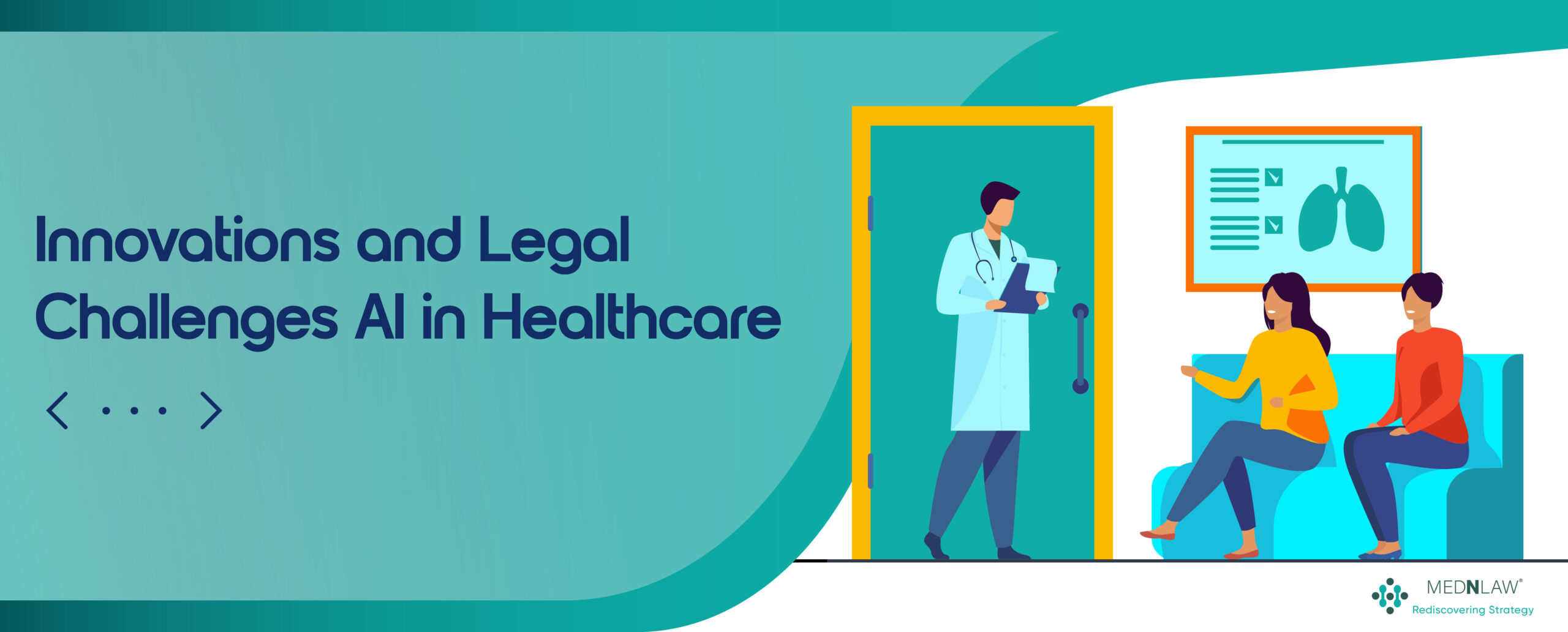
-
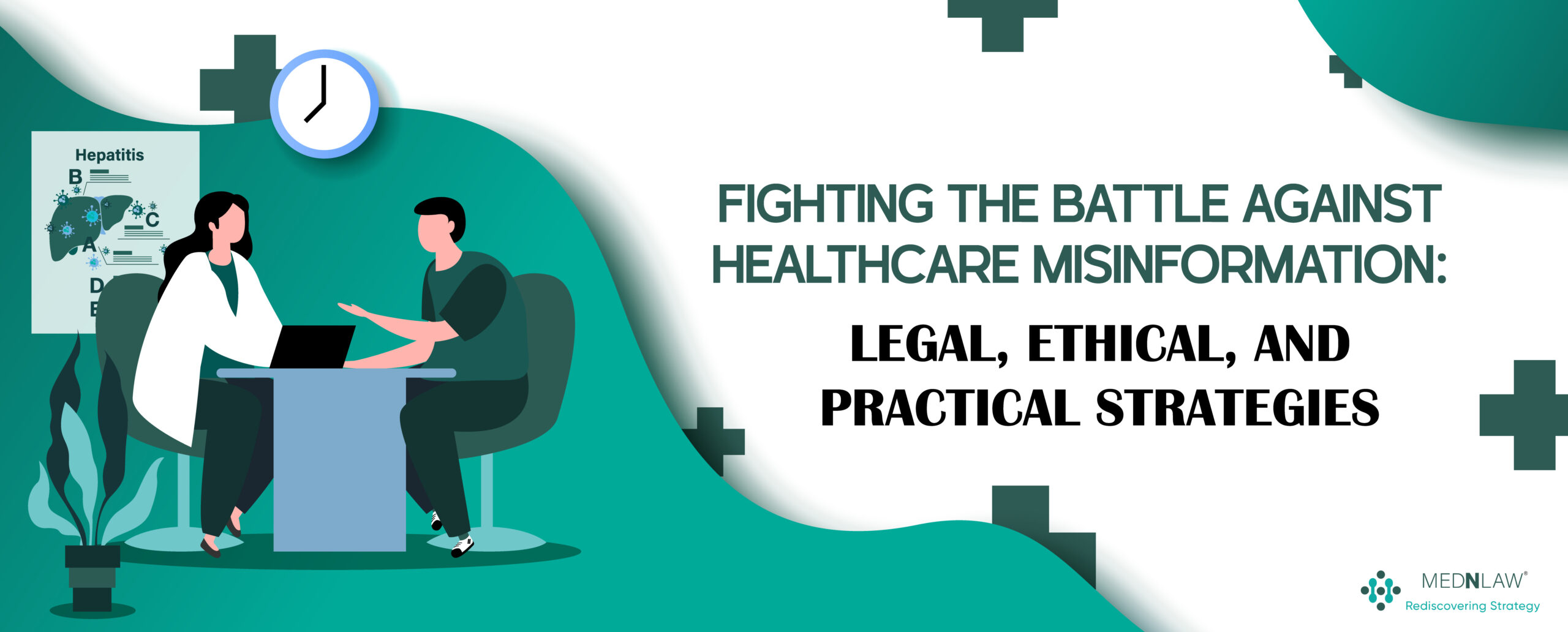 Fighting the Battle Against Healthcare Misinformation: Legal, Ethical, and Practical Strategies4:50 am GMT+00:00•February 21, 2025Read more
Fighting the Battle Against Healthcare Misinformation: Legal, Ethical, and Practical Strategies4:50 am GMT+00:00•February 21, 2025Read more -

Here are some related articles you may find interesting
-

-
 Fighting the Battle Against Healthcare Misinformation: Legal, Ethical, and Practical Strategies4:50 am GMT+00:00•February 21, 2025Read more
Fighting the Battle Against Healthcare Misinformation: Legal, Ethical, and Practical Strategies4:50 am GMT+00:00•February 21, 2025Read more -
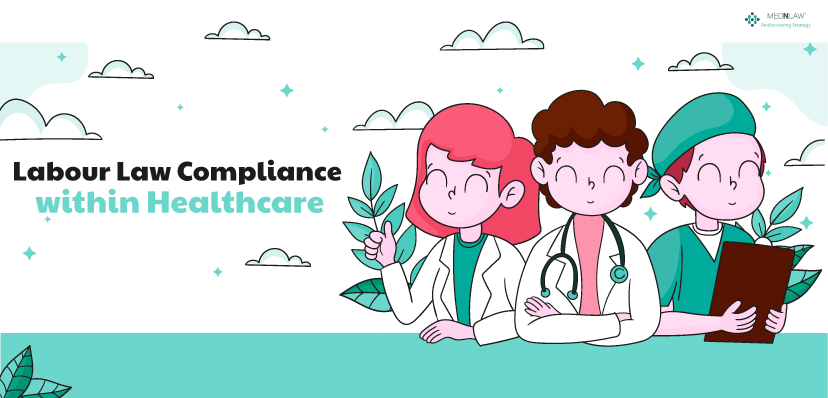
-
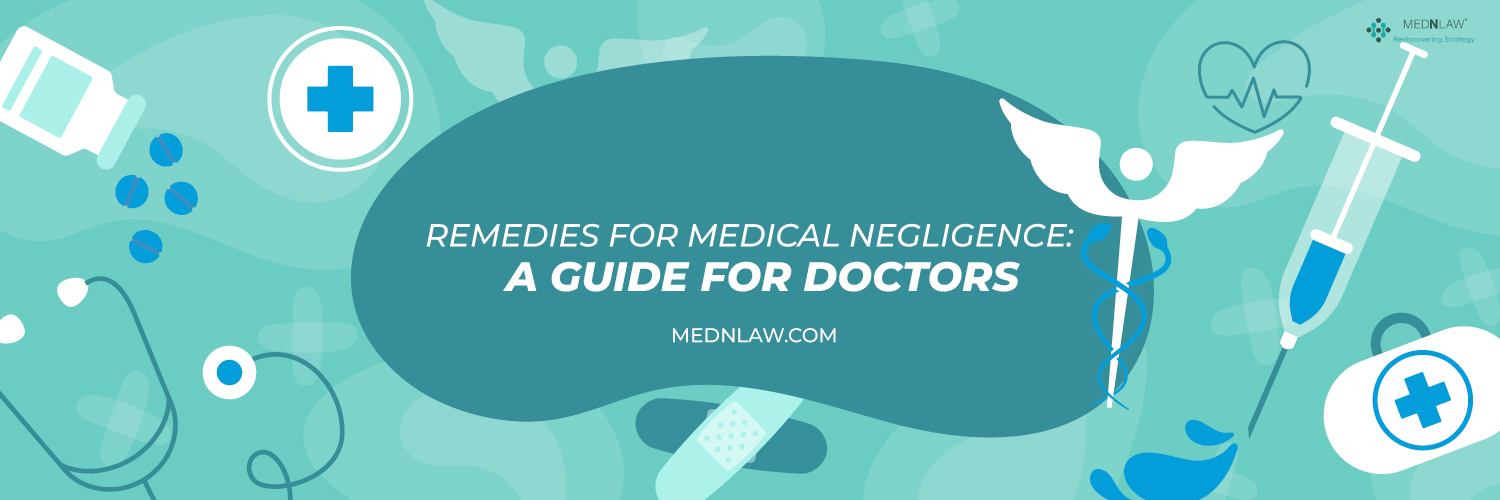
-

-
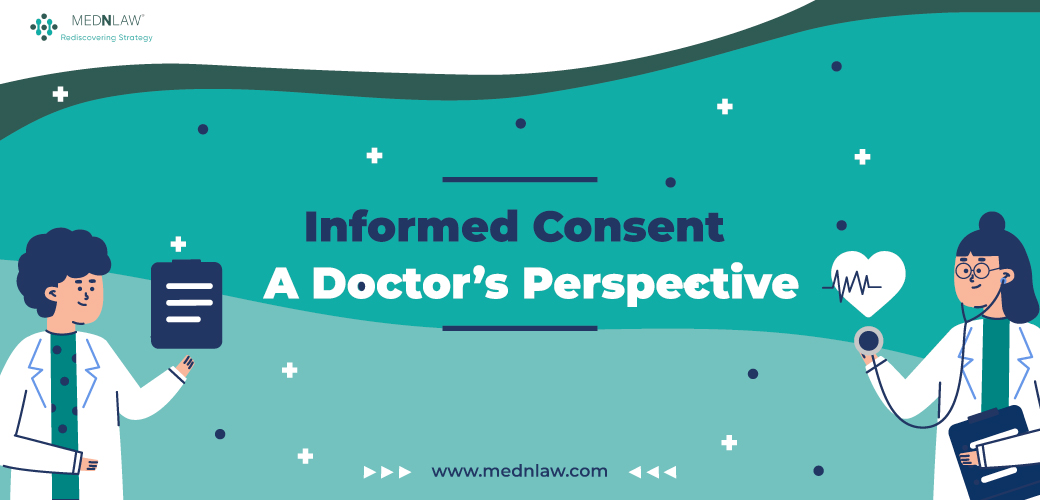
Copyright Mednlaw



